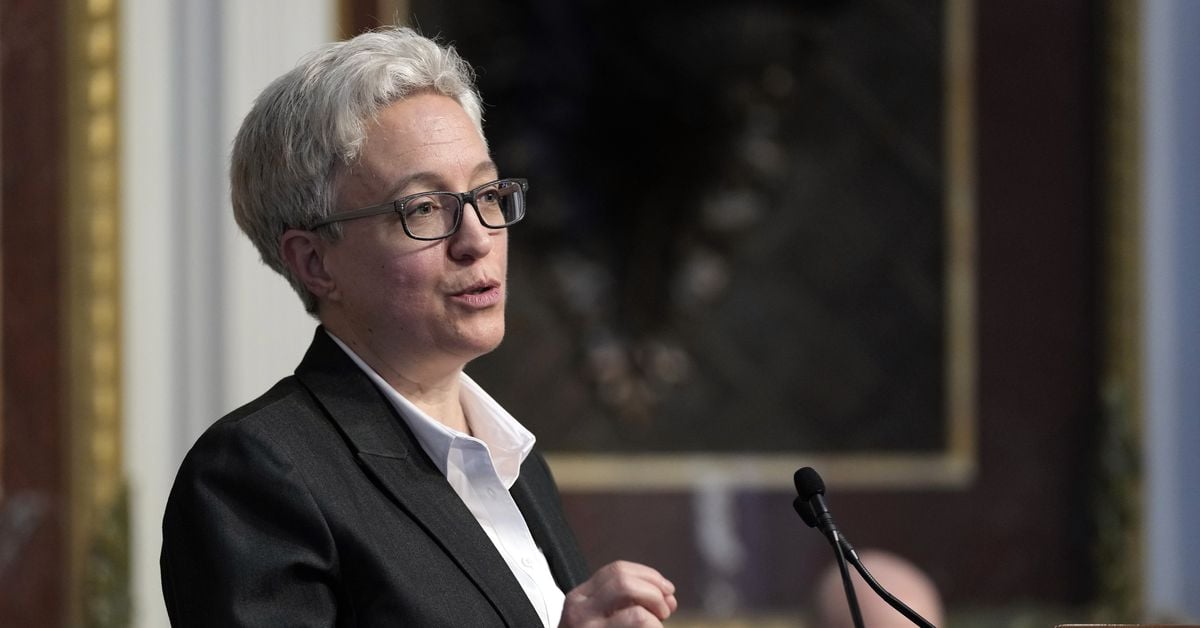- cross-posted to:
- politics@lemmy.world
- cross-posted to:
- politics@lemmy.world
Four years ago, the state decriminalized all drugs. Now it’s trying to course-correct — and might make a mistake in the process.
In 2020, it looked as though the war on drugs would begin to end in Oregon.
After Measure 110 was passed that year, Oregon became the first state in the US to decriminalize personal possession of all drugs that had been outlawed by the Controlled Substances Act in 1970, ranging from heroin and cocaine to LSD and psychedelic mushrooms. When it went into effect in early 2021, the move was celebrated by drug reform advocates who had long been calling for decriminalization in the wake of President Nixon’s failed war on drugs.
Now, amid a spike in public drug use and overdoses, Oregon is in the process of reeling back its progressive drug laws, with a new billthat aims to reinstate lighter criminal penalties for personal drug possession. And while the target is deadly drugs like fentanyl, the law would also result in banning non-clinical use of psychedelics like MDMA, DMT, or psilocybin — drugs that are unconnected to the current overdose epidemic and the public displays of drug use.



The support systems weren’t needed because less than 1% of those ticketed under 110 actually sought support. ;) Addicts aren’t going to volunteer for treatment.
https://www.opb.org/article/2022/02/14/oregon-drug-decriminalization-measure-110-grants-treatment-recovery-services/
What support? There was no support. Even the article you posted goes into detail how the state never followed through with it plans to provide the critical infrastructure needed for treatment, for alternatives to jail or prison, or anything else that 110 promised. They just made drugs legal and called it a day.
Again, you need the support systems if people actually sought treatment, but they never did seek treatment.
We didn’t have long lines of people waiting for non-existent treatment centers, out of 16,000 people ticketed under 110, less than 150 sought treatment, which was well within current capacity.
Why would anyone seek help if there is none? Do you even hear yourself? Lol
There is existing help, 110 was to provide ADDITIONAL funding, presumably to assist with what was expected to be a mass influx of new patients.
That influx never happened, because treatment was 100% optional.
Did you even read the article you posted?
Better, I read it and I’ve been living in the middle of it since it took effect in 2021.
We have always had addiction services, those haven’t gone anywhere. 110 was to provide additional funding for them, again, under the presumption that more dollars would be needed because more people would seek treatment.
Funding which, surprise, wasn’t needed because people would rather get high than get clean.
Causing a MASSIVE increase in overdose calls:
https://www.opb.org/article/2024/01/28/data-show-overdoses-deaths-rising-in-oregon/
“In 2019, 280 people died of a drug overdose in Oregon. Fatalities rose every year after, more than tripling by 2022, when 956 died. And last year, even more people died, according to preliminary data. Each month the number has been higher than the previous year, reaching 628 in June. The state is still compiling data for 2023, but if the trends continue, the total would reach 1,250 deaths from an overdose.”
So, again, keep in mind, 110 kicked in in 2021. 2019 was under the old rules.
Those are Oregon numbers as a whole, and just deaths, not emergency calls for overdoses. Portlabd had over 7,000 overdose calls in 2023 by itself:
https://www.kgw.com/article/news/local/portland-fire-launches-overdose-response-program/283-5911d3f5-54f0-4c6b-9e01-0e0f1566c2b2o
“Last year, Portland Fire & Rescue responded to nearly 7,000 overdose calls. A third of them happened in the downtown core, according to the bureau.”
Ah, yes, nothing better than ignoring the facts, cherry-picking data, and blaming the victims to confirm one’s own biases!
Interesting, however, that in the sources, that you, yourself, provide lies the reality which undermines your own argument. If you weren’t so blinded by your own biases, you’d actually see the reality of the situation.
It seems that you, too, are another casualty of your own agenda. How predictable.
I’m sorry my lived experience and cited sources don’t meet your expectations.
Fortunately, the disaster that started when 110 took effect in 2021 has a chance to reverse itself once the repeal takes place.
Come on out to Portland for a bit and see how “blind” I am.
People continually seize upon this 1% figure. The subtext, and explicitly your’s, is “addicts are addicts and they won’t get help if you don’t force them.” The reality is much more complicated and individual than that. It varies from individual to individual and where they are in the addiction and recovery events. Addicts are often in the grips of multiple, complicating issues include mental health and trauma. They usually lack the education and framing to see that clearly and the addiction can be the way they cope. Many want help, want to change, don’t know how to, don’t believe they can, and when do, them moment passes all too quickly.
The solution, of course, is to make them go to treatment. But this does not work and continued thinking that it will is a mixture of hopeful naivete and willful ignorance.
Then, of course, the subtext continues. “People who don’t realize that addicts need to be forced are naive and waste money and time being too gentle with these addicts.”
You cited an article from OPB published in 2022. Here is a more recent article from OPB exactly 2 year later. From the article:
Oregon has made it’s decision. I, for one, think it’s for the worse.
You’re welcome to think it’s worse, the end results likely will not be because we were better off before 110.
That’s only if you think the only thing that changed was 110. Clearly, it was not.